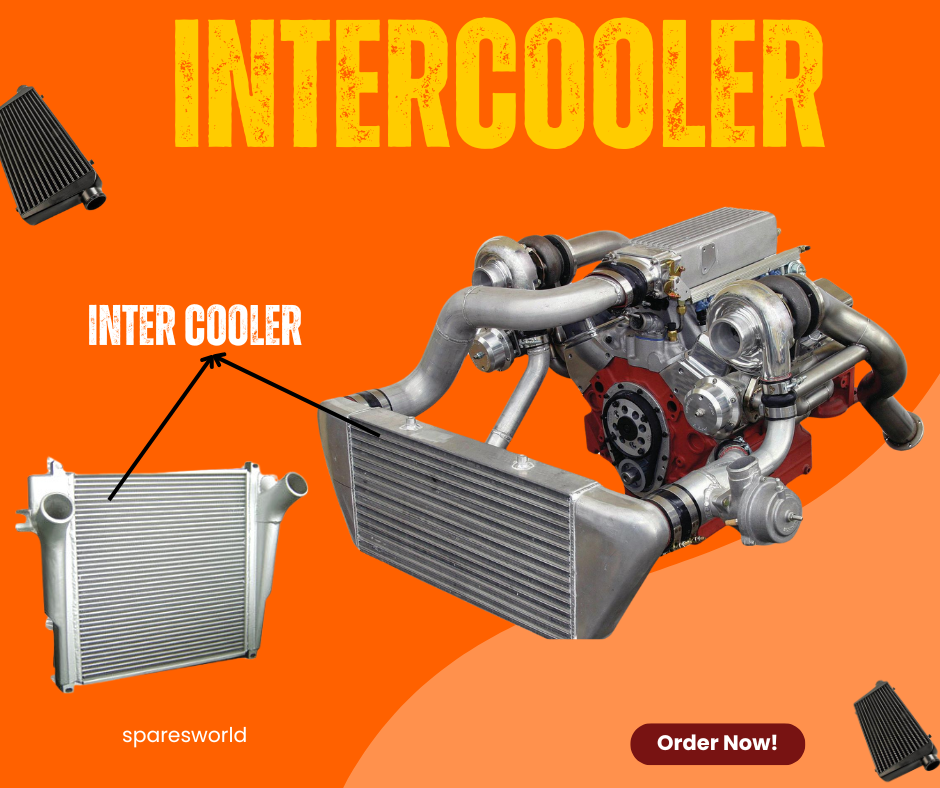Symptoms of a Bad Intercooler You Shouldn't Ignore

Is your vehicle feeling under the weather? A failing intercooler might be the culprit. Discover the critical signs that suggest your intercooler needs attention.
The Role of an Intercooler in Your Vehicle
An intercooler is a critical component in turbocharged and supercharged engines. Its primary function is to cool the compressed air from the turbocharger or supercharger before it enters the engine. This process increases the air density, which enhances combustion efficiency and overall engine performance.
By cooling the air, the intercooler helps prevent engine knocking and reduces the likelihood of overheating. It plays a vital role in maintaining optimal engine temperatures and ensuring your vehicle runs smoothly and efficiently.
Reduced Engine Performance and Power Loss
One of the most noticeable symptoms of a bad intercooler is a reduction in engine performance. You might experience a significant loss of power, especially during acceleration. This happens because the intercooler is no longer effectively cooling the compressed air, leading to less efficient combustion.
If you notice your vehicle struggling to accelerate or failing to reach its usual speeds, a failing intercooler could be the underlying issue. Addressing this problem promptly can restore your vehicle's performance and prevent further damage.
Increased Engine Temperatures and Overheating
A malfunctioning intercooler can lead to elevated engine temperatures and even overheating. When the intercooler fails, it can no longer dissipate heat effectively, causing the engine to run hotter than normal.
Overheating can cause severe damage to engine components and lead to costly repairs. Keeping an eye on your vehicle's temperature gauge and addressing any overheating issues immediately can help prevent long-term damage.
Visible Signs of Damage and Leaks
Physical damage to the intercooler or visible leaks can also indicate a problem. Inspect the intercooler for any cracks, dents, or signs of wear and tear. Leaks can often be spotted by looking for oil or coolant residues around the intercooler and its connections.
If you find any visible damage or leaks, it's crucial to have the intercooler inspected and repaired by a professional. Ignoring these signs can lead to more severe issues down the line.
The Impact of a Failing Intercooler on Fuel Efficiency
A failing intercooler can negatively impact your vehicle's fuel efficiency. When the intercooler isn't working properly, the engine has to work harder to achieve the same performance levels, leading to increased fuel consumption.
If you notice a sudden drop in your fuel mileage, it might be worth investigating the condition of your intercooler. Addressing the issue can help restore your vehicle's fuel efficiency and save you money on fuel costs.

 Loading..
Loading..